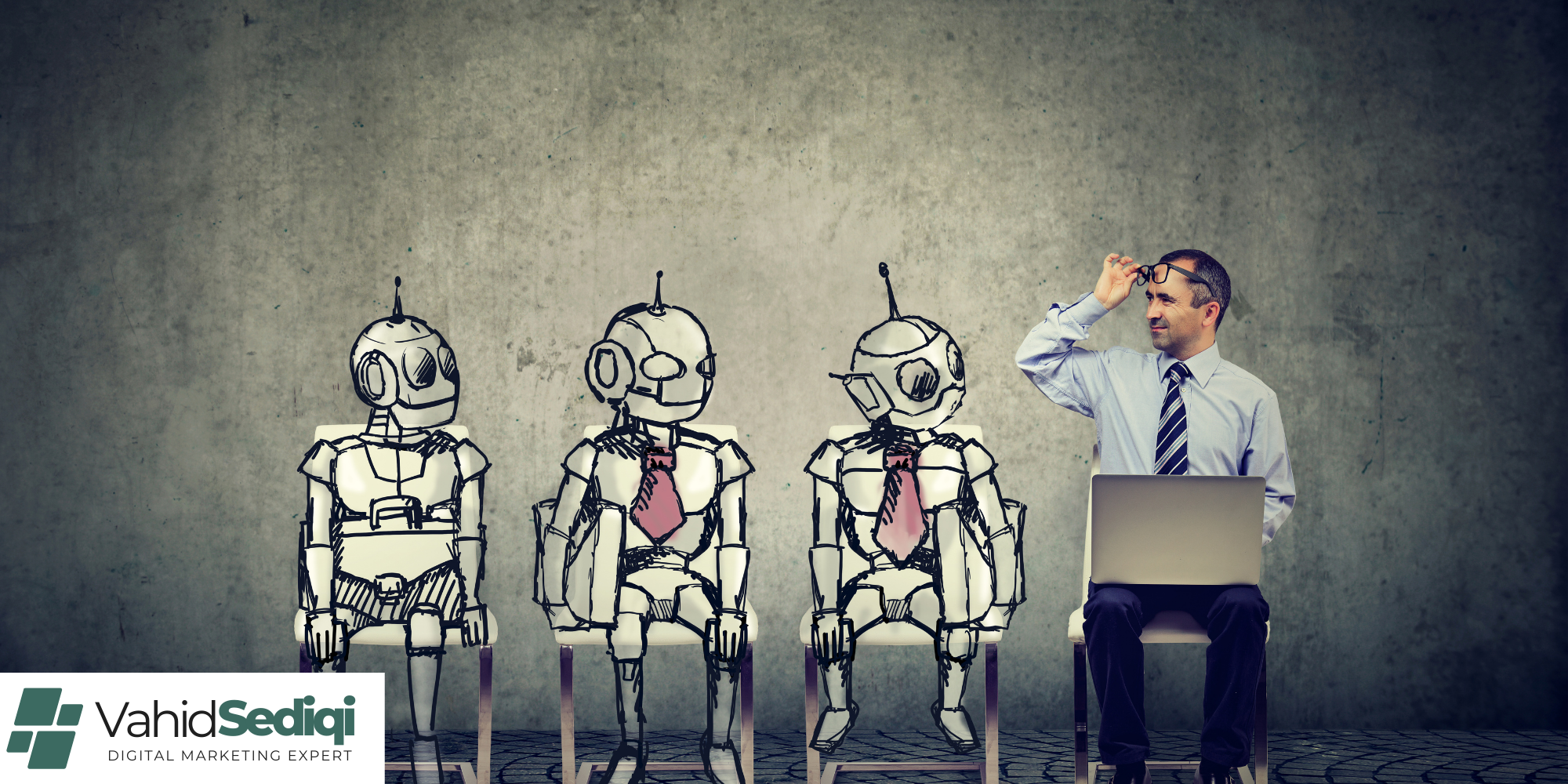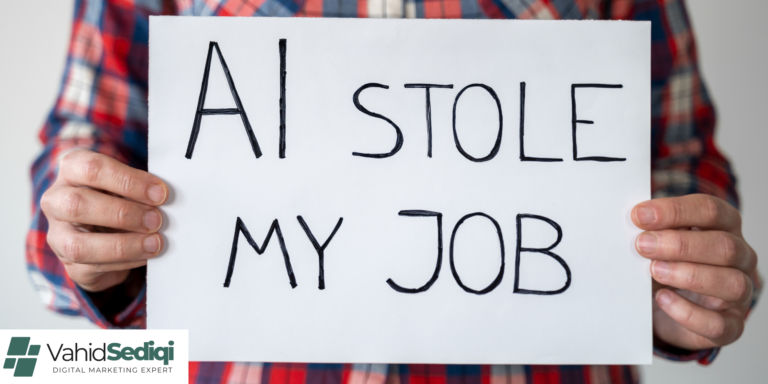Human vs. AI: The Battle for Supremacy
In a world where technology is advancing at an unprecedented pace, the debate between human intelligence and artificial intelligence (AI) has become more relevant than ever. Understanding the capabilities and limitations of both humans and AI is crucial in navigating this evolving landscape. This article delves into the intricacies of human vs. AI intelligence, highlighting their strengths, weaknesses, and potential for collaboration.
The Evolution of Human Intelligence
Historical Perspective
Human intelligence has evolved over millennia, shaped by countless experiences and challenges. From the earliest days of hunter-gatherer societies to the complexities of modern civilization, our cognitive abilities have been honed and refined.
Milestones in Human Cognitive Development
Ancient Civilizations and Intellectual Progress
Ancient civilizations, such as the Greeks and Egyptians, made significant strides in fields like mathematics, astronomy, and philosophy. These early intellectual achievements laid the foundation for future advancements.
The Renaissance and Enlightenment
The Renaissance and Enlightenment periods were marked by a resurgence of curiosity and innovation. Thinkers like Leonardo da Vinci and Isaac Newton pushed the boundaries of human knowledge, leading to remarkable progress in various domains.
The Rise of Artificial Intelligence
Early Beginnings of AI
The concept of artificial intelligence dates back to ancient myths and legends. However, it wasn’t until the mid-20th century that AI began to take shape as a scientific discipline. Early pioneers like Alan Turing and John McCarthy laid the groundwork for what we now recognize as AI.
Key Breakthroughs in AI Technology
The Advent of Machine Learning
Machine learning, a subset of AI, revolutionized the field by enabling computers to learn from data and improve over time. This breakthrough allowed AI systems to perform tasks that were previously thought to be exclusively human.
Neural Networks and Deep Learning
Neural networks, inspired by the human brain’s structure, brought about significant advancements in AI capabilities. Deep learning, in particular, has led to remarkable achievements in image and speech recognition, natural language processing, and more.
Comparing Human and AI Intelligence
Cognitive Abilities
Humans possess a wide range of cognitive abilities, including reasoning, problem-solving, and learning. While AI systems can excel in specific tasks, they often lack the general intelligence that humans inherently possess.
Emotional Intelligence
One of the key distinctions between human and AI intelligence is emotional intelligence. Humans can understand, manage, and respond to emotions, whereas AI lacks true emotional depth.
Decision-Making Processes
Human decision-making is influenced by a complex interplay of logic, intuition, and emotions. AI, on the other hand, relies solely on data and algorithms, which can lead to more consistent but sometimes less nuanced decisions.
Creativity and Innovation
Humans are known for their creativity and ability to think outside the box. While AI can generate creative outputs based on patterns and data, it lacks the innate creativity that humans bring to the table.
Advantages of Human Intelligence
Emotional Depth and Empathy
Humans excel in understanding and empathizing with others. This emotional depth allows for meaningful connections and nuanced interactions that AI cannot replicate.
Intuition and Common Sense
Human intuition and common sense are invaluable in navigating complex and ambiguous situations. These qualities enable us to make quick, informed decisions even in the absence of complete information.
Cultural and Ethical Understanding
Humans have a deep-seated understanding of cultural norms and ethical considerations. This awareness guides our behavior and decision-making in ways that are difficult for AI to emulate.
Adaptability and Flexibility
Humans are incredibly adaptable, capable of learning new skills and adjusting to changing environments. This flexibility is a significant advantage in dynamic and unpredictable situations.
Advantages of Artificial Intelligence
Speed and Efficiency
AI systems can process vast amounts of data at incredible speeds, far surpassing human capabilities. This efficiency makes AI invaluable in tasks that require rapid analysis and response.
Data Processing and Analysis
AI excels in analyzing large datasets, identifying patterns, and making predictions. This capability is particularly useful in fields like healthcare, finance, and marketing.
Automation of Repetitive Tasks
AI can automate mundane and repetitive tasks, freeing humans to focus on more complex and creative endeavors. This automation increases productivity and reduces the risk of human error.
Predictive Analytics and Forecasting
AI’s ability to predict future trends and outcomes based on historical data is a powerful tool for decision-making in various industries.
Limitations of Human Intelligence
Cognitive Biases
Humans are prone to cognitive biases that can skew our perception and decision-making. These biases often lead to errors and irrational judgments.
Physical and Mental Fatigue
Humans are limited by physical and mental fatigue, which can impact our performance and efficiency. Unlike AI, we require rest and recovery to function optimally.
Limited Data Processing Capabilities
Humans struggle to process large volumes of data quickly and accurately. Our cognitive limitations can hinder our ability to analyze and interpret complex information.
Susceptibility to Emotional Influence
Emotions can significantly influence human behavior and decision-making, sometimes leading to irrational or suboptimal choices.
Limitations of Artificial Intelligence
Lack of Emotional Understanding
AI lacks the ability to truly understand and respond to human emotions. This limitation can be a significant drawback in contexts that require empathy and emotional intelligence.
Dependence on Data Quality
AI systems are only as good as the data they are trained on. Poor quality or biased data can lead to inaccurate or harmful outcomes.
Ethical and Moral Dilemmas
The use of AI raises numerous ethical and moral questions, particularly concerning privacy, accountability, and the potential for misuse.
Limited Creativity and Intuition
While AI can generate creative outputs, it lacks the innate intuition and originality that humans possess. This limitation can be a barrier in fields that rely heavily on creativity and innovation.
Collaboration Between Humans and AI
Enhancing Human Capabilities
AI can augment human capabilities by providing tools and insights that enhance our decision-making and problem-solving abilities.
AI-Assisted Decision Making
AI systems can assist humans in making more informed decisions by providing data-driven insights and recommendations.
Human-AI Synergy in Various Industries
Industries like healthcare, finance, and manufacturing are already benefiting from the synergy between human expertise and AI capabilities. This collaboration leads to improved outcomes and efficiency.
Case Studies of Successful Integration
There are numerous examples of successful human-AI integration, from personalized medicine to smart manufacturing. These case studies highlight the potential of combining human intelligence with AI technology.
The Future of Human and AI Coexistence
Potential Scenarios
The future of human and AI coexistence presents various potential scenarios, ranging from seamless integration to potential conflicts. Understanding these possibilities is crucial for preparing for the future.
Preparing for AI Advancements
As AI continues to advance, it is essential to invest in education and skill development to ensure that humans can effectively collaborate with AI.
Education and Skill Development
Preparing the workforce for an AI-driven future involves continuous learning and skill development. Emphasizing critical thinking, creativity, and emotional intelligence will be key.
Ethical Considerations and Regulations
Developing ethical frameworks and regulations for AI is vital to ensure that its advancement aligns with human values and societal well-being.
Ethical and Philosophical Implications
AI and Human Rights
The rise of AI poses important questions about human rights, particularly concerning privacy, autonomy, and the potential for AI to infringe on these rights.
The Role of AI in Society
AI’s role in society must be carefully considered to balance technological progress with human dignity and ethical considerations.
Moral Responsibility and AI Development
The development and deployment of AI come with moral responsibilities. Ensuring that AI is used for the greater good and minimizing harm is a collective responsibility.
Balancing Progress with Humanity
As we embrace AI, it is crucial to maintain a balance between technological progress and the preservation of human values and ethics.
Conclusion
In the battle for supremacy between human and AI intelligence, it is not about one overshadowing the other but about finding ways to coexist and complement each other’s strengths. Humans bring emotional depth, creativity, and ethical understanding, while AI offers speed, efficiency, and unparalleled data processing capabilities. By leveraging the unique strengths of both, we can create a future where human and AI collaboration leads to unprecedented advancements and improvements in our quality of life.
FAQs
What is the main difference between human and AI intelligence?
The main difference lies in emotional intelligence and general cognitive abilities. Humans have emotional depth and the ability to understand and respond to emotions, while AI excels in specific tasks with speed and efficiency but lacks true emotional understanding.
Can AI ever surpass human intelligence?
AI can surpass human capabilities in specific domains, such as data processing and analysis. However, in terms of general intelligence, creativity, and emotional understanding, humans currently hold the advantage.
How do humans and AI complement each other in the workplace?
Humans and AI complement each other by combining human creativity, emotional intelligence, and ethical considerations with AI’s speed, efficiency, and data processing power. This synergy leads to improved decision-making and productivity.
What are the ethical concerns regarding AI development?
Ethical concerns include privacy issues, potential biases in AI algorithms, the impact on employment, and the need for accountability and transparency in AI decision-making processes.
How can we ensure a balanced future for both humans and AI?
Ensuring a balanced future involves investing in education and skill development, creating ethical frameworks and regulations, and fostering a collaborative approach where AI enhances human capabilities rather than replacing them.



